 New research suggests that psilocybin, a compound found in magic mushrooms, may be effective in treating depression symptoms. recep-bg/Getty Images
New research suggests that psilocybin, a compound found in magic mushrooms, may be effective in treating depression symptoms. recep-bg/Getty Images- A study has found that psilocybin appears to have antidepressant properties.
- Experts say it activates serotonin receptors.
- It might also work by increasing the brain’s neuroplasticity.
- Side effects are minimal, and it is regarded as non-addictive.
“Magic mushrooms” are often used by people seeking their hallucinogenic effects.
However, psilocybin, a compound found in magic mushrooms, might also have applications in treating depression, according to a study published on May 1, 2024, in BMJ.
This is significant since an estimated 5% of adults around the world are affected by this common mood disorder.
The authors of the study note that it appears to reduce symptoms after only one or two doses.
Additionally, there are minimal side effects and it is regarded as non-addictive.
Studying whether psilocybin relieves depression
To learn more about how well psilocybin works for depression, the researchers searched various databases for randomized controlled trials comparing the drug with controls, such as microdoses of psychedelics, niacin or a placebo.
The review also included any studies in which psychotherapy was used in both the experimental and control groups. This allowed them to distinguish between the effects of psychotherapy and psilocybin.
Altogether, they were able to gather seven trials, including 436 participants with depression. A little over half were women, while most (90%) were white.
After analyzing changes in depression scores, they found that psilocybin had a large effect size, meaning that it had a strong positive effect on depression symptoms when compared with the control groups.
The team of scientists also found that factors like having depression secondary to another health condition, being assessed using a self-reported scale, being older, and having previously used psychedelics were associated with larger improvements in scores.
Psilocybin’s potential as a treatment for depression
Padam Bhatia, MD, FAPA, Chief Executive Officer at Elevate Psychiatry in Miami, Florida, commented on the research saying that the large effect size was the most “impressive” part of the study.
“While most studies answer a single question (“Did the medication work or not?”), effect size goes a step further and looks at how well the medication worked,” he said.
“For this study, the effect size was huge, much greater than any oral antidepressant that has ever been studied.”
However, he did point out that while the results are promising, the individual studies were small and had significantly different methods and results.
Bhatia said that more studies would need to be done to reach a conclusive answer.
Before it becomes an accepted treatment for depression, there would also need to be a change in the legal landscape of the country to allow its medicinal use.
According to Psychedelic Alpha, while several cities throughout the U.S. have decriminalized the personal use of psilocybin, only two states, Oregon and Colorado, have decriminalized psilocybin in general and have legalized psilocybin use at licensed service centers.
However, several other states have active legislation or working groups to study its use.
Why psilocybin might be effective for depression
Alex Dimitriu, MD, who is double board-certified in Psychiatry and Sleep Medicine and founder of Menlo Park Psychiatry & Sleep Medicine, explained that researchers are still learning why psilocybin might have an antidepressant effect.
He said one possible mechanism “is increased neuroplasticity, allowing the brain to make new connections, known as synaptogenesis.”
Dimitriu went on to explain that neuroplasticity might allow a patient to develop new ways of looking at old problems. It might also allow them to make connections to life events and behaviors that previously did not exist.
“Put more briefly,” he said, “the effects are likely biological as well as psychological and rooted in improvement in the function of the serotonin system, as well as higher-level changes in thought patterns.”
Risks associated with psilocybin treatment
Bhatia noted that while research is growing on the potential mental health benefits of the therapeutic use of psilocybin, magic mushrooms should still be used with caution since being in an altered state of mind can be challenging
“An extreme version of these side effects, sometimes called a ‘bad trip,’ can be associated with confusion, disorganized thinking, and severe panic,” said Bhatia.
“Although this is temporary, it is certainly disturbing to the individual and can lead to physical aggression or [in rare cases] seeking emergency treatment.”
Dimitriu agreed with Bhatia, noting that while there are minimal physiological risks with psychedelic use, the “power and intensity of these substances and experiences cannot be underestimated.”
He noted that while some experiences “can be very positive and uplifting,” others can be scary or temporarily destabilizing.
Dimitriu advised that you should seek out guidance and support before, during, and after using psilocybin for the best outcome.
Using an analogy, he added, “You would never willingly fly an airplane alone for the first time,” noting that you should not attempt to treat yourself as it could be “catastrophic.”
“Of particular concern is people with any history of psychosis, bipolar disorder, and possibly panic attacks,” he concluded.
Takeaway
A new study published in BMJ has found that psilocybin, the active compound in magic mushrooms, could have applications as an antidepressant.
In a meta-analysis of seven studies, they found it had a strong positive effect on depression symptoms.
It might exert its antidepressant effect by increasing serotonin receptor sensitivity or by increasing brain neuroplasticity.
However, while the findings of the meta-analysis are promising, the selected studies were small, and more research is needed to determine whether psilocybin is an effective antidepressant.

 2 weeks ago
12
2 weeks ago
12
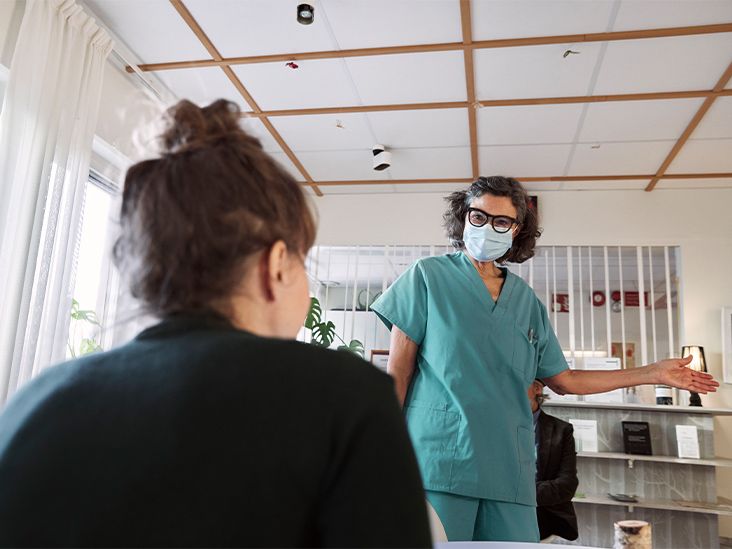
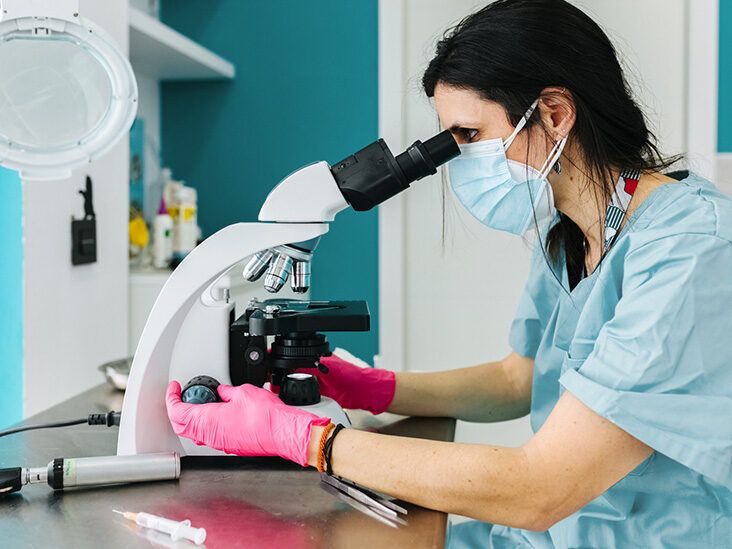


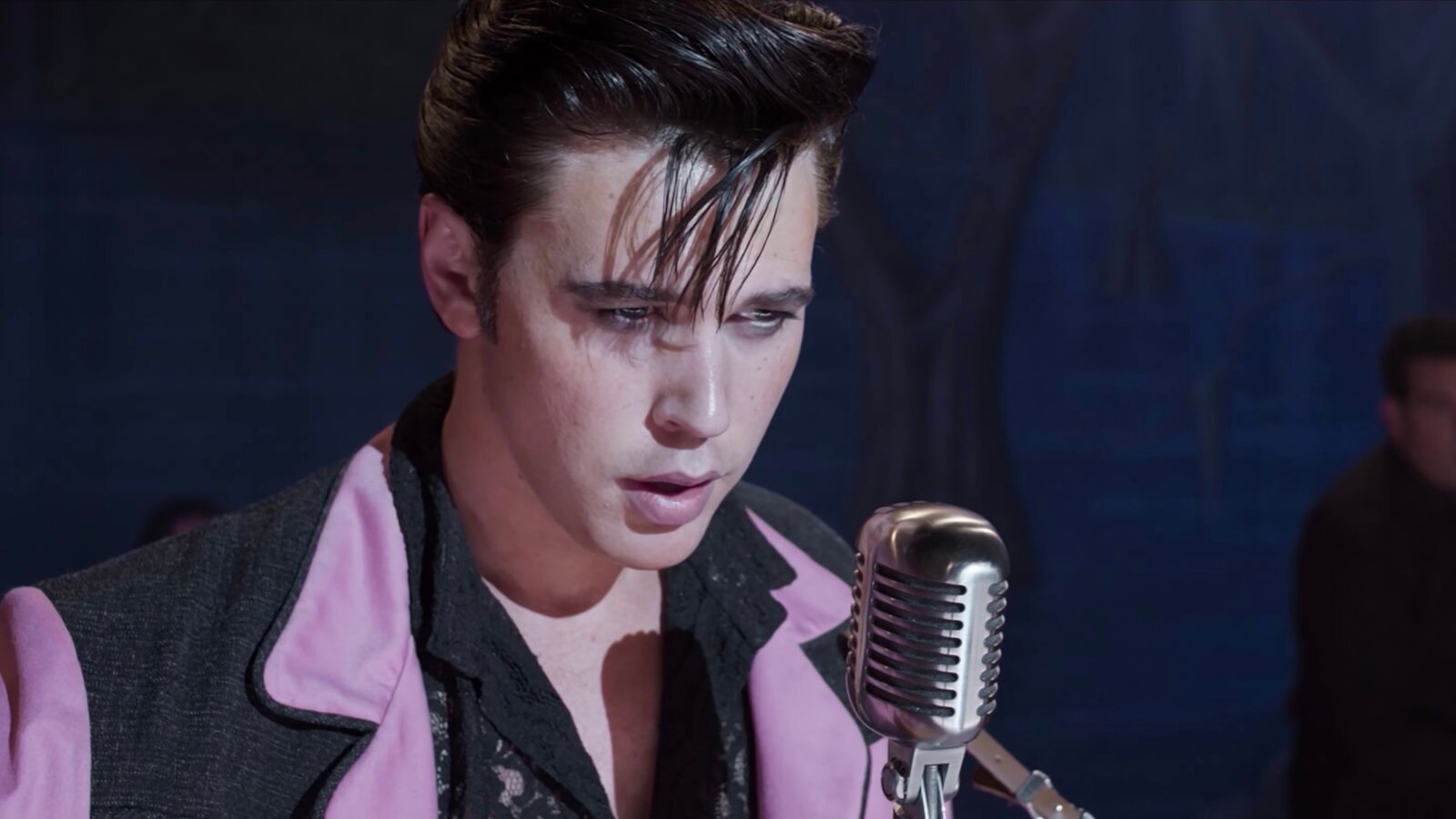
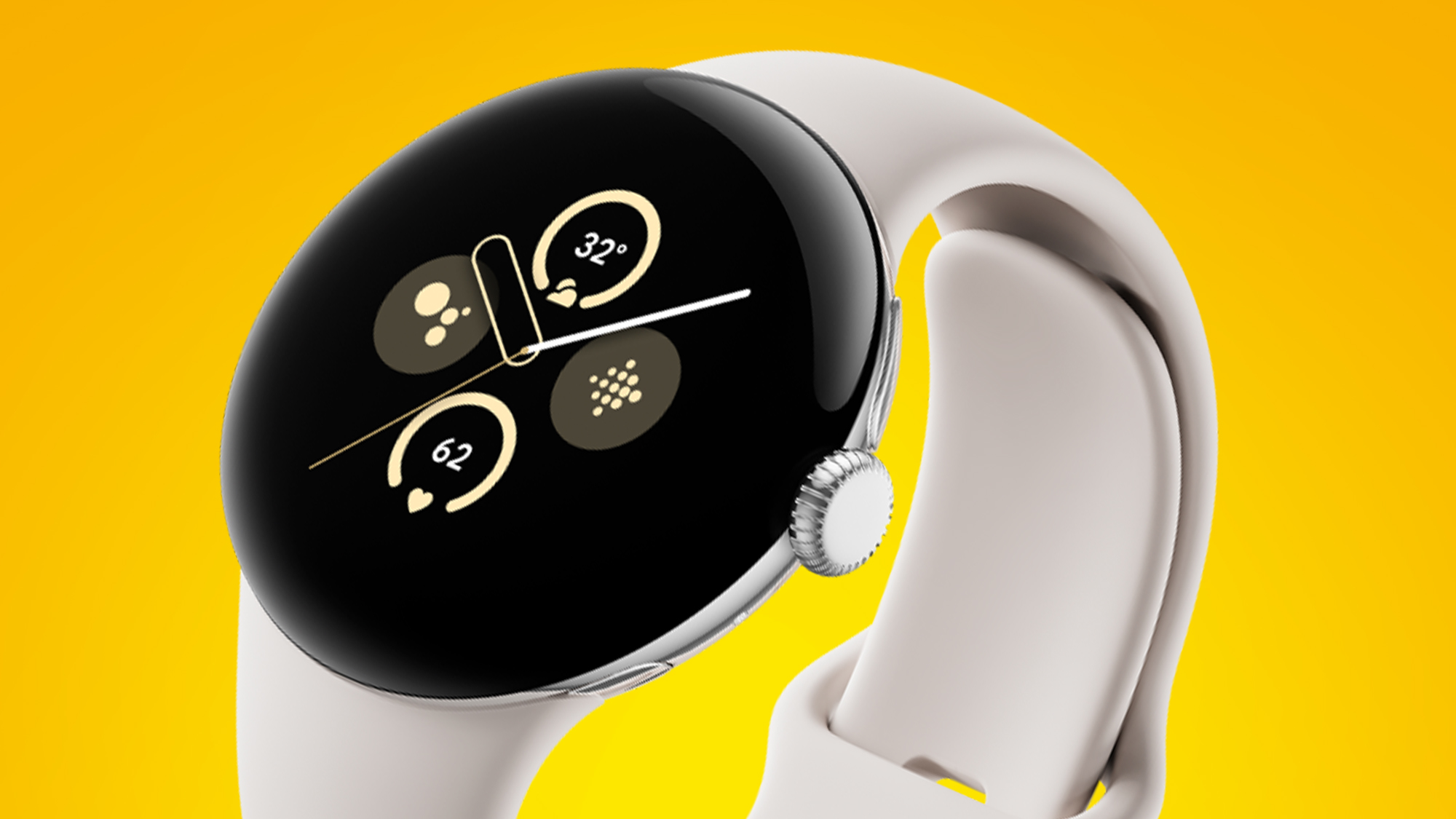
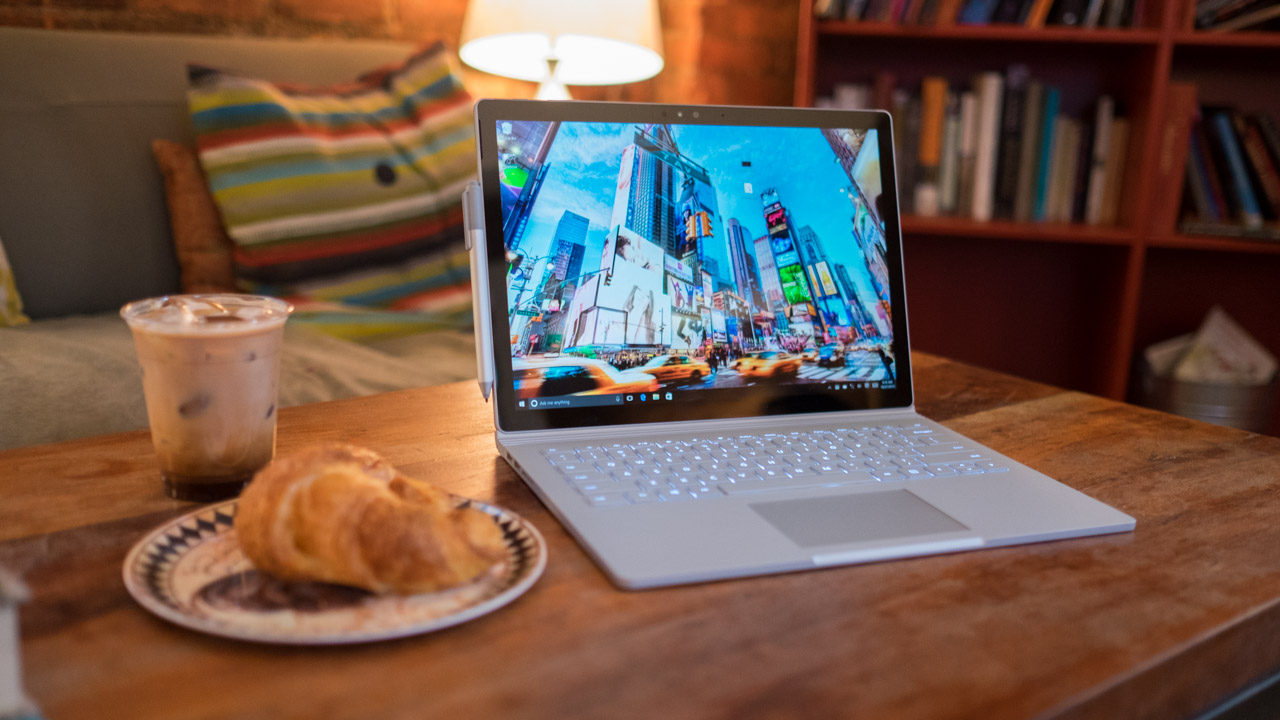

 English (US)
English (US)